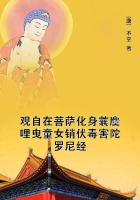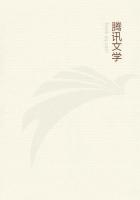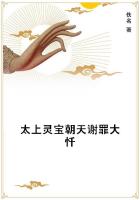The Phoenician Linus song was sung at the vintage, at least in the west of Asia Minor, as we learn from Homer; and this, combined with the legend of Syleus, suggests that in ancient times passing strangers were handled by vintagers and vine-diggers in much the same way as they are said to have been handled by the reaper Lityerses. The Lydian Syleus, so ran the legend, compelled passers-by to dig for him in his vineyard, till Hercules came and killed him and dug up his vines by the roots. This seems to be the outline of a legend like that of Lityerses; but neither ancient writers nor modern folk-custom enable us to fill in the details. But, further, the Linus song was probably sung also by Phoenician reapers, for Herodotus compares it to the Maneros song, which, as we have seen, was a lament raised by Egyptian reapers over the cut corn. Further, Linus was identified with Adonis, and Adonis has some claims to be regarded as especially a corn-deity. Thus the Linus lament, as sung at harvest, would be identical with the Adonis lament; each would be the lamentation raised by reapers over the dead spirit of the corn. But whereas Adonis, like Attis, grew into a stately figure of mythology, adored and mourned in splendid cities far beyond the limits of his Phoenician home, Linus appears to have remained a ****** ditty sung by reapers and vintagers among the corn-sheaves and the vines. The analogy of Lityerses and of folk-custom, both European and savage, suggests that in Phoenicia the slain corn-spiritthe dead Adonismay formerly have been represented by a human victim; and this suggestion is possibly supported by the Harran legend that Tammuz (Adonis) was slain by his cruel lord, who ground his bones in a mill and scattered them to the wind. For in Mexico, as we have seen, the human victim at harvest was crushed between two stones; and both in Africa and India the ashes or other remains of the victim were scattered over the fields. But the Harran legend may be only a mythical way of expressing the grinding of corn in the mill and the scattering of the seed. It seems worth suggesting that the mock king who was annually killed at the Babylonian festival of the Sacaea on the sixteenth day of the month Lous may have represented Tammuz himself. For the historian Berosus, who records the festival and its date, probably used the Macedonian calendar, since he dedicated his history to Antiochus Soter; and in his day the Macedonian month Lous appears to have corresponded to the Babylonian month Tammuz. If this conjecture is right, the view that the mock king at the Sacaea was slain in the character of a god would be established.
There is a good deal more evidence that in Egypt the slain corn-spiritthe dead Osiriswas represented by a human victim, whom the reapers slew on the harvest-field, mourning his death in a dirge, to which the Greeks, through a verbal misunderstanding, gave the name of Maneros. For the legend of Busiris seems to preserve a reminiscence of human sacrifices once offered by the Egyptians in connexion with the worship of Osiris. Busiris was said to have been an Egyptian king who sacrificed all strangers on the altar of Zeus. The origin of the custom was traced to a dearth which afflicted the land of Egypt for nine years. A Cyprian seer informed Busiris that the dearth would cease if a man were annually sacrificed to Zeus. So Busiris instituted the sacrifice.
But when Hercules came to Egypt, and was being dragged to the altar to be sacrificed, he burst his bonds and slew Busiris and his son. Here then is a legend that in Egypt a human victim was annually sacrificed to prevent the failure of the crops, and a belief is implied that an omission of the sacrifice would have entailed a recurrence of that infertility which it was the object of the sacrifice to prevent. So the Pawnees, as we have seen, believed that an omission of the human sacrifice at planting would have been followed by a total failure of their crops. The name Busiris was in reality the name of a city, pe-Asar, the house of Osiris, the city being so called because it contained the grave of Osiris. Indeed some high modern authorities believe that Busiris was the original home of Osiris, from which his worship spread to other parts of Egypt. The human sacrifice were said to have been offered at his grave, and the victims were red-haired men, whose ashes were scattered abroad by means of winnowing-fans. This tradition of human sacrifices offered at the tomb of Osiris is confirmed by the evidence of the monuments.
In the light of the foregoing discussion the Egyptian tradition of Busiris admits of a consistent and fairly probable explanation. Osiris, the corn-spirit, was annually represented at harvest by a stranger, whose red hair made him a suitable representative of the ripe corn. This man, in his representative character, was slain on the harvest-field, and mourned by the reapers, who prayed at the same time that the corn-spirit might revive and return (maa-ne-rha, Maneros) with renewed vigour in the following year.

